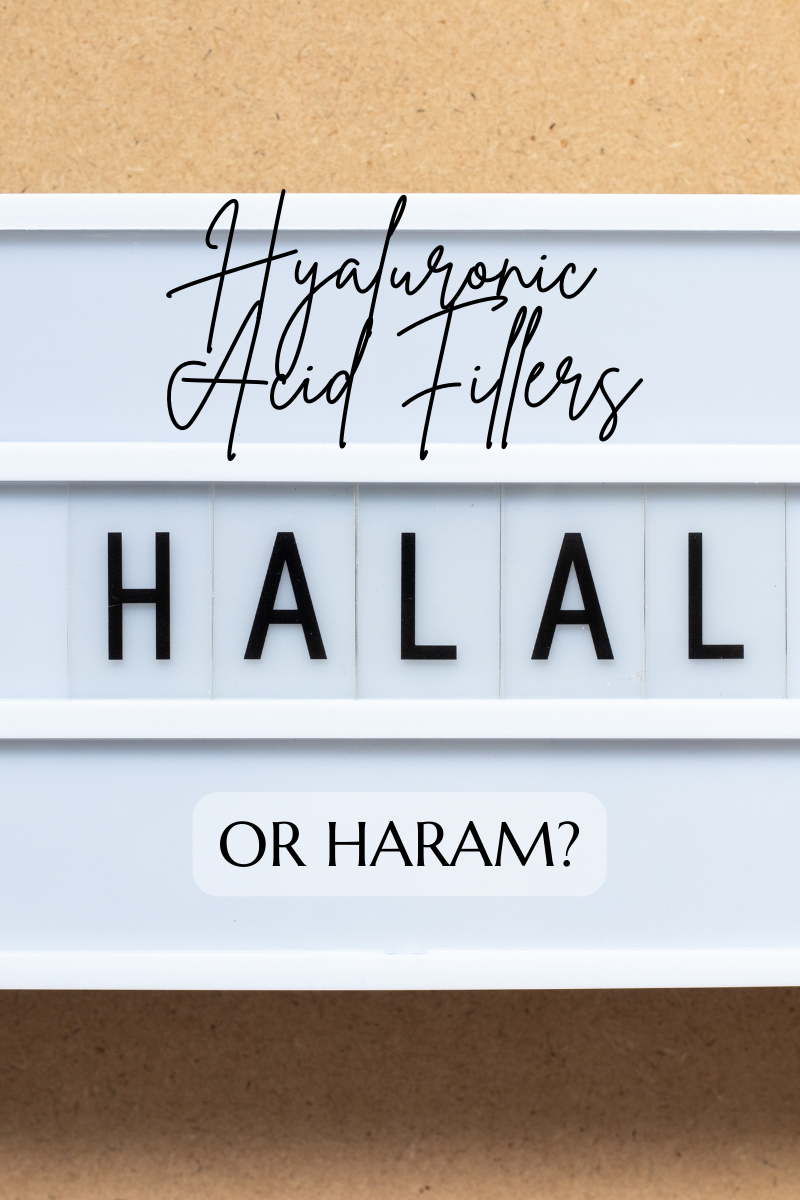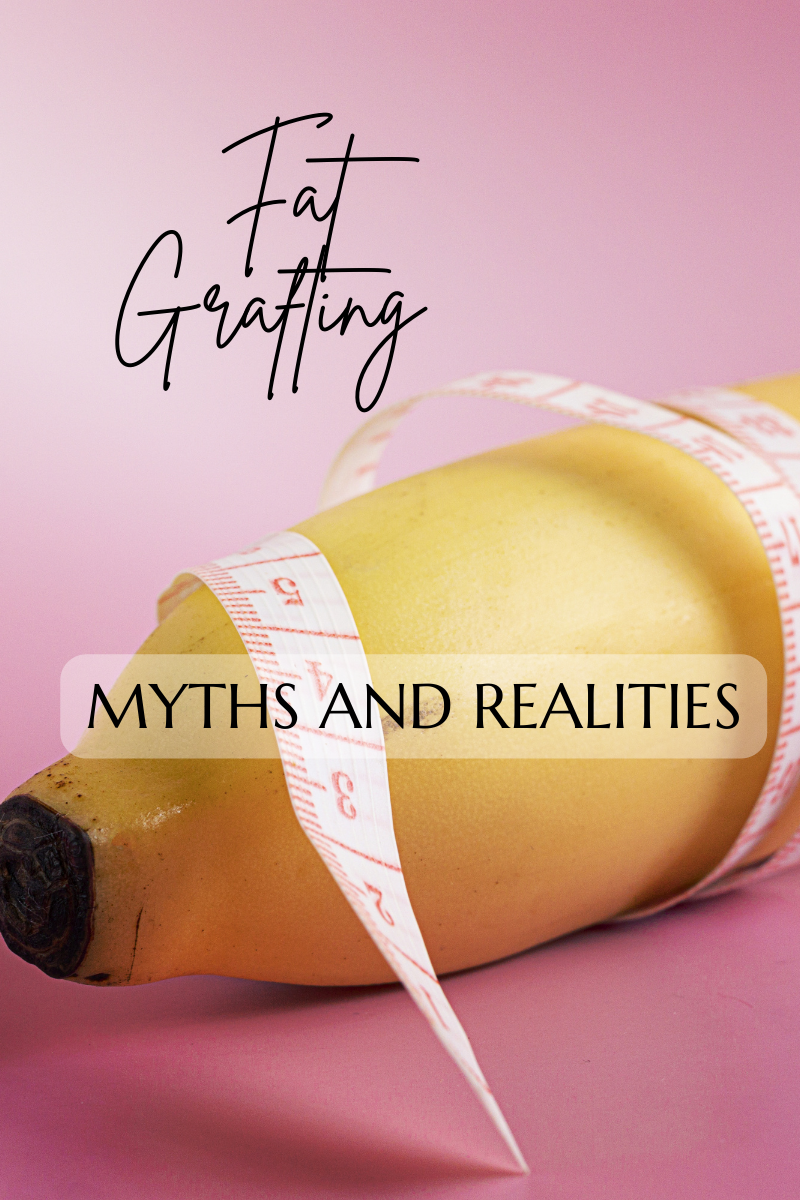Uncovering the Truth: Are Hyaluronic Acid Fillers Halal?
- Greta Pečiulytė
- Nov 17, 2024
- 4 min read

Navigating the Aesthetic Landscape
As the aesthetics industry expands, so does the significance of understanding whether hyaluronic acid fillers are halal. This exploration reveals the importance of clear information in dispelling myths and uncertainties.
By educating yourself about filler ingredients, looking for credible certifications, and consulting knowledgeable professionals, you can confidently choose treatments that align with your beliefs. Prioritizing halal options not only builds trust but also supports a beauty routine that respects personal values.
The path to exploring aesthetic treatments like hyaluronic acid fillers does not have to be clouded by uncertainty. A clear understanding of halal certification and diligent research will empower individuals to make informed choices that honor their faith and aesthetics.
Understanding Hyaluronic Acid Fillers
Hyaluronic acid (HA) is a natural substance found in our bodies, particularly in connective tissues, skin, and cartilage. Its remarkable ability to hold water—up to 1,000 times its weight—makes it a popular choice in cosmetic procedures.
In dermatology, hyaluronic acid fillers are used extensively for various applications, including:
Wrinkle treatment: Fillers can plump up skin to reduce fine lines.
Lip augmentation: They add volume and definition to the lips.
Facial contouring: Fillers restore lost volume, particularly in the cheeks and under the eyes.
Intimate enhancement and rejuvenation: Fillers enhance penile girth and plumps up female labia majora providing youthful look down below, reduces females discomfort due to protruding clitoris while exercising, cycling and boosts confidence and pleasure in intimate life.
These options are minimally invasive compared to surgical procedures, which makes them appealing to many. Nevertheless, the synthetic production methods and possible animal by-products used in some fillers raise critical concerns regarding halal status for Muslim consumers.
The Halal Perspective
To determine if a substance is halal, it must comply with Islamic law. This involves verifying that all ingredients are sourced from halal-compliant materials and contain no haram (forbidden) elements.
Regarding hyaluronic acid, here are a few details:
Synthetic vs. Animal: Many fillers utilize laboratory-synthesized hyaluronic acid, which is generally considered halal. However, some products may contain hyaluronic acid derived from animal sources, raising questions about their permissibility.
Ingredient Transparency: It’s essential for consumers to inquire about the source of hyaluronic acid to ensure it aligns with halal guidelines.
In the realm of aesthetic and regenerative medicine, hyaluronic acid fillers have become a popular choice due to their safety profile and effectiveness. For individuals observing Islamic dietary and lifestyle laws, understanding whether these fillers are halal is a significant consideration. This post explores the reasons why hyaluronic acid fillers are generally considered halal, supported by scientific and Islamic perspectives.
Understanding Hyaluronic Acid
Hyaluronic acid is a naturally occurring substance found in the human body, primarily in the skin, connective tissues, and eyes. It plays a crucial role in retaining moisture and facilitating tissue repair. The hyaluronic acid used in fillers is typically produced through bio-fermentation, involving the fermentation of bacteria, making it a synthetic and non-animal derived product. However, it's worth noting that hyaluronic acid was historically also produced from rooster combs, although this method is now very rare. Individuals concerned about the source of their fillers should research and confirm with their providers to ensure they align with halal standards.
Islamic Perspective on Halal
In Islam, for a product to be considered halal, it must be free from any prohibited substances and must not involve any haram (forbidden) practices during its production. Since most modern hyaluronic acid fillers are synthesized through bio-fermentation and do not involve any animal-derived ingredients, they align with halal principles.
Reversibility and Non-Permanence
One of the key aspects that make hyaluronic acid fillers more halal than other cosmetic alterations, such as tattoos, is their reversibility and non-permanence. Unlike tattoos, which are permanent modifications to the body, hyaluronic acid fillers can be broken down naturally by the body over time or dissolved with a simple enzyme injection called hyaluronidase, if desired. This temporary nature aligns with Islamic teachings, which often emphasize the importance of avoiding permanent alterations to the body.
Scholarly Opinions
Islamic scholars have weighed in on the permissibility of using hyaluronic acid fillers. Many scholars agree that non-surgical aesthetic procedures like fillers are permissible, provided they do not cause harm and are used for legitimate purposes, such as improving self-esteem and quality of life. The key is ensuring that the fillers do not contain any haram substances and are administered in a manner that does not lead to excessive alteration of Allah's creation.
Scientific and Ethical Considerations
The production of hyaluronic acid fillers through synthetic means ensures that they are free from animal products, aligning with the ethical and dietary standards of many individuals, including those observing halal dietary laws. Additionally, the safety and efficacy of hyaluronic acid as a filler are well-documented, further supporting its acceptance in both medical and religious contexts.
Conclusion
Hyaluronic acid fillers are generally considered halal due to their synthetic origin, compliance with Islamic principles regarding purity and permissibility, and their reversible nature. Individuals are encouraged to research and confirm the source of their fillers with their providers to ensure they meet halal standards. Consulting knowledgeable Islamic scholars and medical professionals can further ensure that choices align with personal beliefs and health needs.
If you have any questions or need further clarification on this topic, please feel free to reach out. As a specialist in aesthetic and regenerative andrology, I am committed to providing a supportive and informative environment for all your inquiries.













Comments